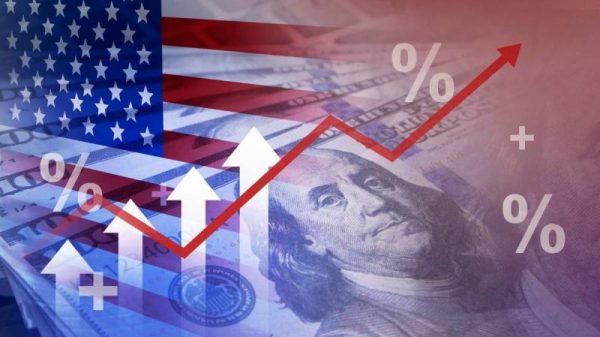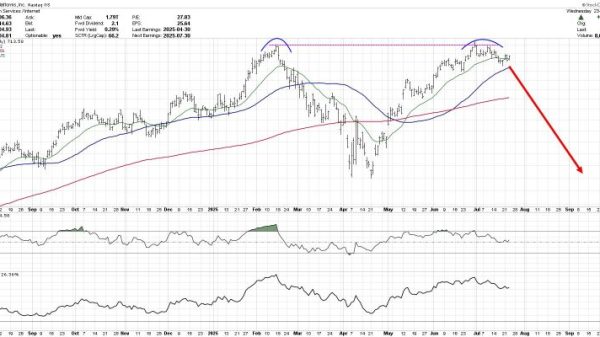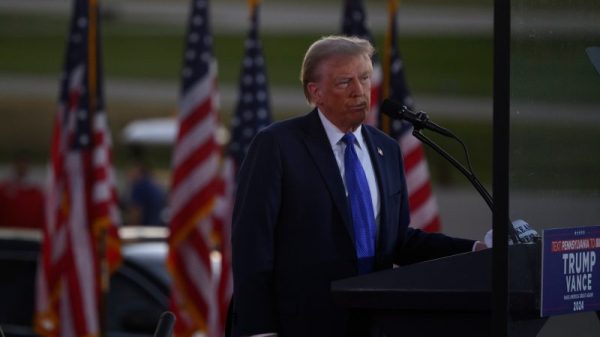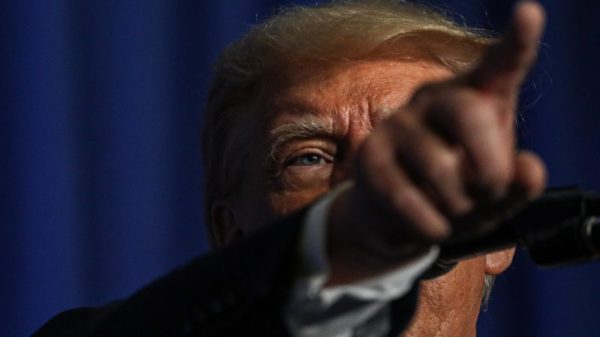House Speaker Kevin McCarthy (R-Calif.) on Tuesday announced that he is directing House committees to open an impeachment inquiry into President Biden, following months of pressure from some on the right flank of his caucus.
The inquiry will focus on whether Biden benefited from his son Hunter Biden’s business dealings, among other issues, McCarthy said, asserting that “these are allegations of abuse of power, obstruction and corruption and warrant further investigation by the House of Representatives.”
House Republicans have not put forth evidence directly showing that President Biden benefited from his son’s business dealings in Ukraine and elsewhere. They have aired allegations that the Justice Department stymied an investigation into Hunter Biden’s financial dealings along with testimony about his penchant for touting the family brand to attract clients.
White House spokesman Ian Sams blasted McCarthy’s move as “extreme politics at its worst.”
The U.S. Constitution grants Congress the power to impeach the president, the vice president and other federal officials for treason, bribery and “other high crimes and misdemeanors.” It was intended to be a check on executive power and may result in removal from office.
An impeachment inquiry essentially authorizes investigations within Congress to determine whether someone committed impeachable offenses.
When McCarthy announced he would authorize an inquiry, he tasked three committee chairs — House Oversight Chair James Comer (R-Ky.) in coordination with Judiciary Chair Jim Jordan (R-Ohio) and Ways and Means Committee Chair Jason T. Smith (R-Mo.) — with leading the investigations.
According to the U.S. House historian, the process of pursuing impeachment charges often begins “when the House initiates proceedings by passing a resolution authorizing an inquiry” or “when a lawmaker introduces an impeachment resolution.”
After the House votes on impeachment rules and concludes its investigations, articles of impeachment are typically considered by committee before they are sent to the full House chamber for consideration. The passage of any article of impeachment in the House means the subject has been impeached — the equivalent to an indictment.
The impeachment case then moves to the Senate for a trial, where the chief justice of the United States oversees the proceedings. House-appointed impeachment managers act as prosecutors who lay out the case for the subject’s removal from office. Senators act as the jury, with two-thirds of all senators needed to convict and remove the subject from office.
Launching an impeachment inquiry doesn’t guarantee articles of impeachment will follow, nor do articles of impeachment require an inquiry before proceedings begin. And even if the House votes to impeach someone, a conviction in the Senate is far from a sure thing.
Three U.S. presidents have been impeached: Andrew Johnson, for firing his secretary of war; Bill Clinton, for lying under oath and obstructing justice to cover up his affair with intern Monica Lewinsky; and Donald Trump twice, first for abuse of power and obstruction of Congress over his conduct with Ukraine aid and a second time for inciting an insurrection.
The House also formally authorized the Judiciary Committee to launch an impeachment inquiry into President Richard M. Nixon, but he resigned from office before the House could vote on whether to impeach him.
No U.S. presidents have subsequently been convicted by the Senate.
Impeachment is a political process, with elected lawmakers in both chambers of Congress responsible for deciding whether to remove someone from office. And so far, the case against Biden has not garnered Democratic support among members of Congress.
Even if Biden is impeached by the House, which has a Republican majority, two-thirds of the Senate — a chamber with a Democratic majority — would have to vote to convict him.
The House has started impeachment proceedings more than 60 times, but less than a third of all proceedings have led to impeachment of federal officials, according to the House historian. Those include 15 federal judges, three presidents, a Cabinet secretary and a U.S. senator.
Only eight impeached individuals, all of whom were federal judges, have been convicted and removed from office by the Senate.
In three instances, the Senate took the additional step of barring those impeached individuals from holding federal office in the future.
The impeachment trial for Sen. William Blount of Tennessee, conducted in the late 1700s, established the principle that members of Congress were not considered “civil officers” under the Constitution and therefore could be removed from office only by a two-thirds expulsion vote by their respective chambers, according to the House historian. Blount was not convicted by the Senate, but he was expelled from the chamber before his Senate impeachment trial.
Amy B Wang, Marianna Sotomayor and John Wagner contributed to this report.




























